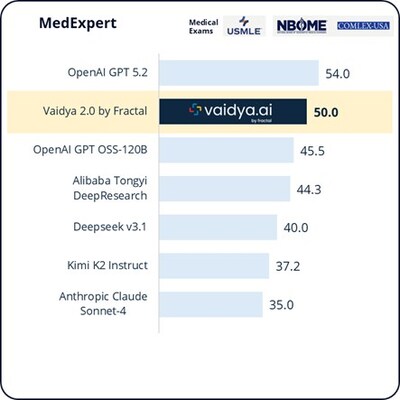PathomIQ Announces Data Presentation on an AI-powered tool that Predicts Response of Triple Negative Breast Cancer to Neoadjuvant Chemotherapy at the San Antonio Breast Cancer Symposium (SABCS) 2022
Press Releases
Dec 08, 2022
CUPERTINO, Calif., Dec. 8, 2022 /PRNewswire/ — PathomIQ Inc., today announced the application of an AI-powered tool to predict response to Neoadjuvant Chemotherapy (NAC) in patients with Triple Negative Breast Cancer (TNBC) presented at the San Antonio Breast Cancer Symposium (SABCS), held from December 6-10, 2022.
TNBC is one of the deadliest forms of breast cancer that has limited treatment options and poor prognosis. It is a challenge to the treating oncologist to identify the right therapy for each patient as early as possible to maximize benefit. Achieving pathologic complete response (pCR) to NAC is associated with improved patient outcomes in TNBC.
PathomIQ is a leading provider of AI-powered solutions that leverage digitized hematoxylin and eosin (H&E) stained slides to collectively capture sub-visual morphological features from the tumor and its micro-environment that predict response to therapy. PathomIQ’s software could transform precision medicine in clinical practice by cancer risk stratification, guide selection of patients for clinical trials and develop companion diagnostics for novel drugs. It also identifies focused regions on tumor tissues that predict patient outcome, that can be subjected to single cell genomic and proteomic analysis to identify novel and targetable molecules for new drug discovery.
The research was conducted by Dr. Savitri Krishnamurthy, Professor. Department of Pathology and Dr. Debasish Tripathy, Professor and Chair, Department of Breast Medical Oncology, at The University of Texas MD Anderson Cancer Center, Houston, TX. We will present our development and validation of a deep convolutional neural network (CNN)–based AI model to extract morphological features in TNBC tissues to predict response to NAC with high accuracy. Our overall predictive ability of the AI score predicting resistance to chemotherapy is over 80%, and for patients with stage I disease is close to 90%.
“This is the first demonstration of using an AI tool on digitized H&E tissue images to predict response to NAC in patients with TNBC with high accuracy,” said Dr. Krishnamurthy, the Principal Investigator of the study.
“At present there are no validated predictive biomarkers of response to neoadjuvant chemotherapy in TNBC. The ability to predict response or resistance at the time of initial diagnosis before the initiation of therapy will have far reaching clinical implications ranging from de-escalating cytotoxic chemotherapy regimens in patients likely to respond to modifying/intensifying NAC in tumors likely to be resistant. We believe we have a very powerful and robust AI model that we will continue to improve over the next few years,” said Dr George Wilding, Chief Medical Officer, PathomIQ Inc.
The results will be shared at the poster session P6-01-18, “Predicting response of triple negative breast cancer to neoadjuvant chemotherapy using a deep convolutional neural network-based artificial intelligence tool”.
To learn more about PathomIQ Inc., please visit www.pathomiq.com
SOURCE PathomIQ Inc.


